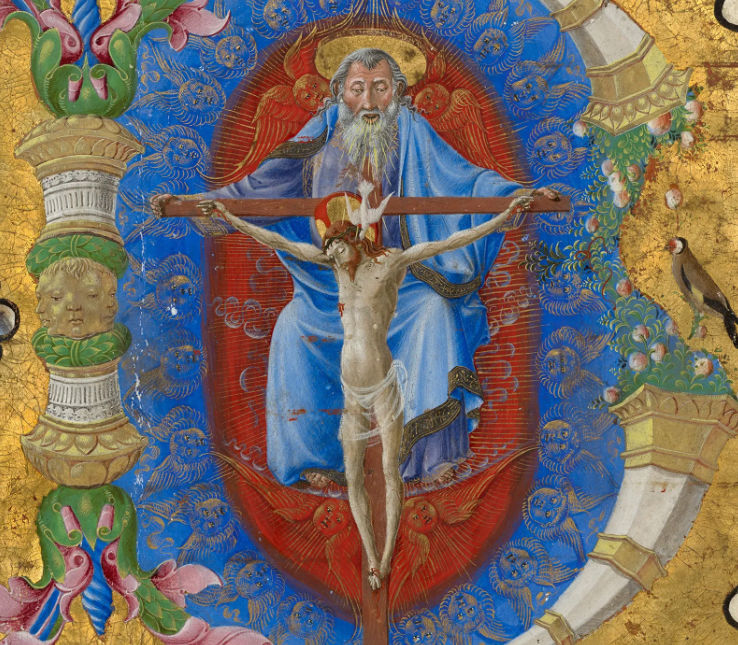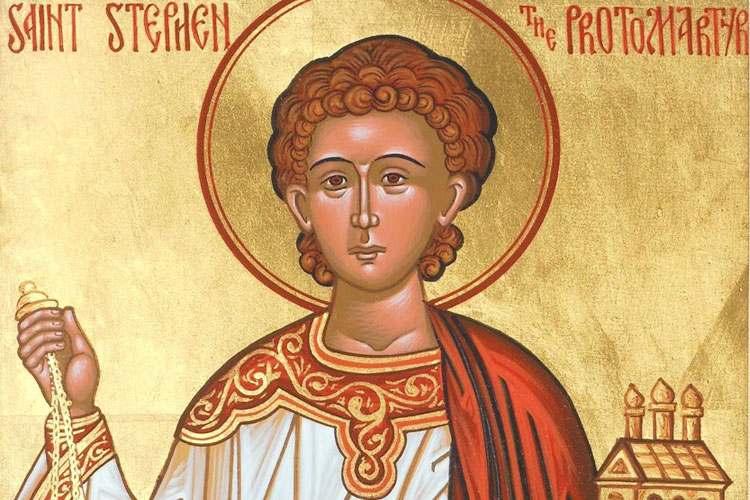Question: Explain the relationship between Faith and Works in justification and salvation. Compare the positions of two different theologians: John Calvin and Jacobus Arminius. There is arguably no better demonstration of the relationship between faith and works in justification and salvation than through the soteriological perspectives of John Calvin and Jacobus Arminius. John Calvin, a pivotal leader of the Reformation, and Jacobus Arminius, who studied under Calvin’s successor, Theodore Beza, represent two distinct views within Christian theology. Calvin’s soteriological doctrines, alongside those of similar Reformation thinkers, refined what is now known as "Reformed Soteriology," or more commonly, "Calvinism." In contrast, Arminius’s teachings are encapsulated within "Arminianism." As a side note, the standard of Calvinist doctrine is established by the Canons of the Synod of Dort (1618 to 1619) and various Confessions of Faith that clearly articulate … [Read more...]
Debunking KJV Onlyism: Pointing out errors in the “Providential Preservation of the text of the New Testament” chart
Have you seen the chart below? It has been circulating on the internet and across social media for some time now. Many of you may have noticed that a lot of my posts tackle issues related to King James Version (KJV) Onlyism. This issue is particularly close to my heart, as I grew up in a denomination that staunchly advocated this viewpoint. I spent decades in an Independent Fundamental Baptist (IFB) church, a sub-denomination I was deeply ingrained in from a young age. I was once a fervent supporter of KJV Onlyism myself. However, I broke away from what I now see as a mix of half-truths, misconceptions, and outright falsehoods perpetuated by my former denomination. That is why when I pursued graduate studies in theology, a significant portion of my research has been devoted to addressing the errors of the very doctrines that I once fiercely defended—doctrines that my former church still clings to so please bear with me and forgive my zeal and the strong language I sometimes use when … [Read more...]
The Pitfalls of Using Analogies to Describe the Divine Nature: A Theological Perspective
There is probably no other greater theological concept that requires that use of analogical language to describe the divine nature than that of the Trinity. The mysterious truth about the triune nature of God has been fiercely debated upon throughout church history and oftentimes analogies are used in order to somehow try to thresh out its truths but somehow nothing seems to be enough to explain such profound and mysterious truths. A common analogy about the Trinity is water wherein it can manifest itself into either solid as ice or frozen water, liquid and as gas in the form of water vapor. These three are in different forms and yet they are still the same, it is basically water. Similarly, the analogy goes that God manifest himself as the Father, the Son, and the Holy Spirit but they are the same God. The problem with this analogy however is that it would lead to a heretical understanding of the Trinity which has been combatted by the early church known as modalism. This heresy has … [Read more...]
Has the Vatican corrupted modern Bible translations?
In the complex landscape of biblical scholarship and translation, the N0vum Testamentum Graece (New Testament in Greek) otherwise popularly known as the Nestle-Aland Greek New Testament (After its after its most influential editors, Eberhard Nestle and Kurt Aland), stands out as a cornerstone for contemporary biblical research and translation. This revered text, now in its 28th edition (released in 2012), represents a collaboration between the New Testament Textual Research (INTF), the Vatican and the United Bible Societies (UBS) that aims to provide an accurate and reliable Greek text of the New Testament. This scholarly cooperation started in the early 1960s in the 25th edition of the Novum Testamentum Graece and underscores a shared commitment to textual integrity across Christian denominations and has been widely adopted by Bible Societies globally. However, this edition has not been without controversy. It finds itself at the center of heated debates, particularly from the … [Read more...]
Debunking KJV Onlyism: Stephen full of grace or full of faith?
Question: In the KJV Acts 6:8 describes Stephen as being "full of faith and power" while modern Bible translations describe him as being "full of grace and power." KJV Onlyist insist that modern translations are wrong and some extremist even go as far as saying that modern translation translate it this way because they support the perpetual virginity of Mary as modern translations uses "full of grace" in describing Stephen in the same way as Mary is being described as "full of grace" Roman Catholics. In this particular text, Acts 6:8, the Majority Texts which is the basis of the KJV, uses "pisteos" (faith), whereas several older manuscripts, the underlying Greek text used by most modern translations employs "charitos" (which means conveying grace or favor). image from youth.rcdow.org.uk (Acts 6:5) And the saying pleased the whole multitude: and they chose Stephen, a man full of faith and of the Holy Ghost, and Philip, and Prochorus, and Nicanor, and Timon, and … [Read more...]





